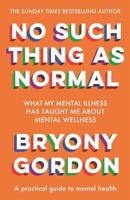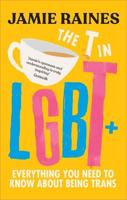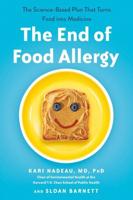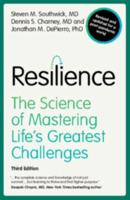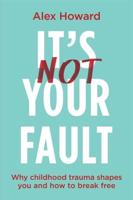Publisher's Synopsis
Following a debilitating episode of depression 25 years ago, mental health campaigner Tim Watkins set out to learn from those who had recovered from depression what worked for them. The result is a more holistic understanding of the condition than usually appears in the medical literature. More practically, the result was an award-winning self-management training course and a series of mental health publications.Defeat Depression is the latest self-help book from Tim Watkins. It builds upon his earlier Depression Workbook and incorporates information on the new science of willpower. This explains why so many of us fall back into habits of thought and behaviour that exacerbate depression; and what we can do to overcome them. The book offers the reader a comprehensive approach to self-help for depression that actually works.Defeat Depression is written in plain language, and provides the reader with 80 self-help techniques that can be easily included in a daily routine in order to begin the journey out of depression. The publication of Defeat Depression is timely, as its author, Tim Watkins explains: "Depression has always been with us. But since the economic downturn in 2008, more and more people have developed the condition. Sadly, the consequence of this is that therapies like CBT (cognitive behavioural therapy) and mindfulness have become even harder to access. Far too many people are being left with little more than a packet of pills and a sicknote."However, many people affected by depression by depression - myself included - have struggled to understand what helps and what hinders recovery. Drawing on both my own experience and my research among many others affected by depression, I have developed a structure that allows individuals with depression to understand the self-help process and to develop simple lifestyle changes that promote recovery."As Watkins explains in Defeat Depression, self-help is neither an alternative nor a complement to conventional treatments like antidepressants and talking therapies. Rather, conventional treatments are an important part of a much broader process of self-help in which we learn to promote our own mental wellbeing and manage our own recovery from common mental illnesses like anxiety and depression.



